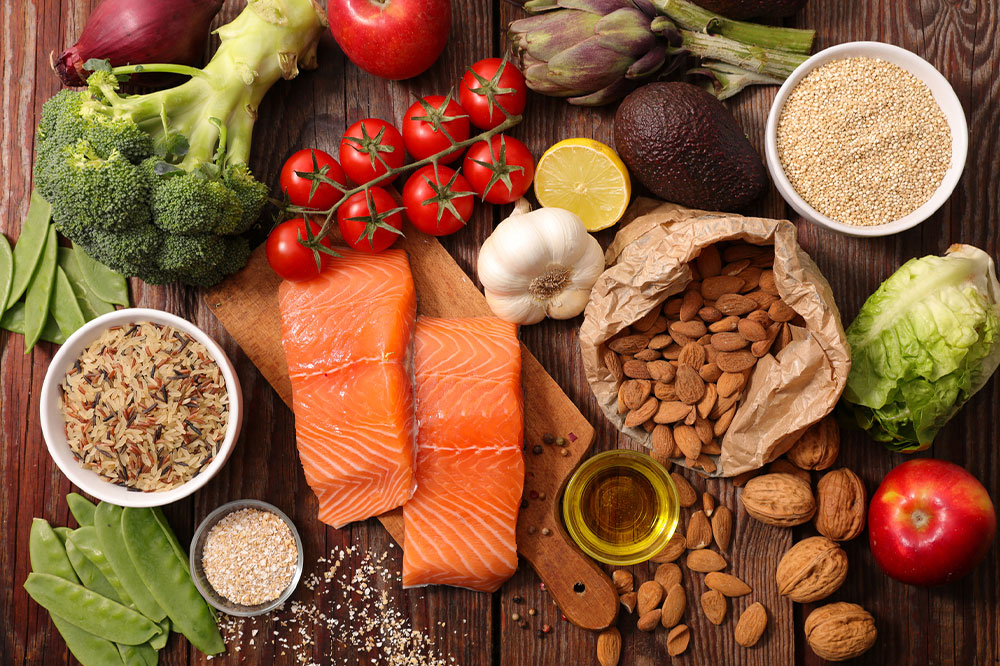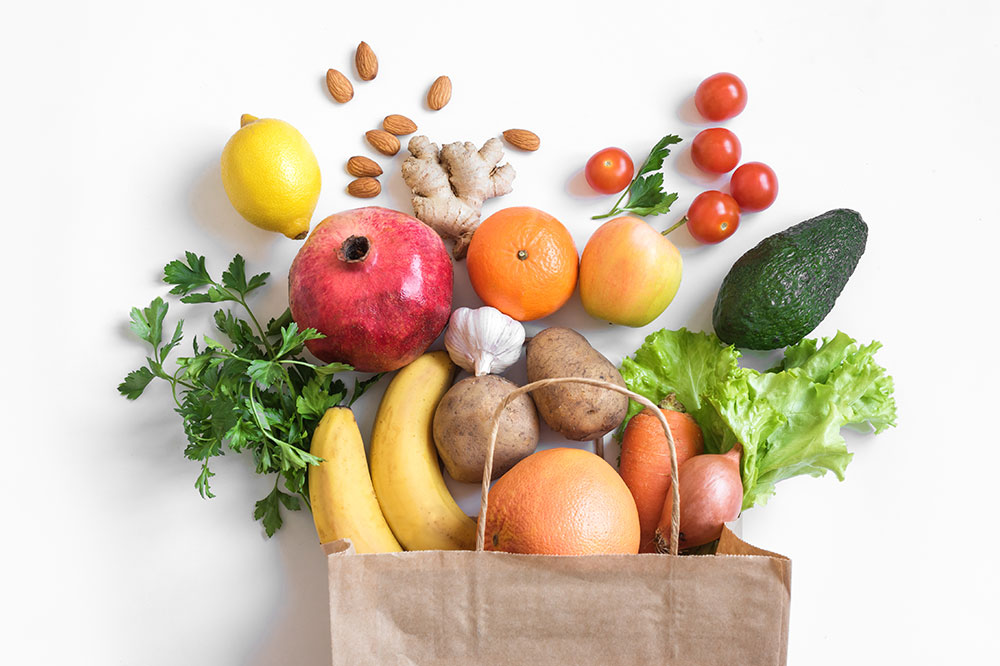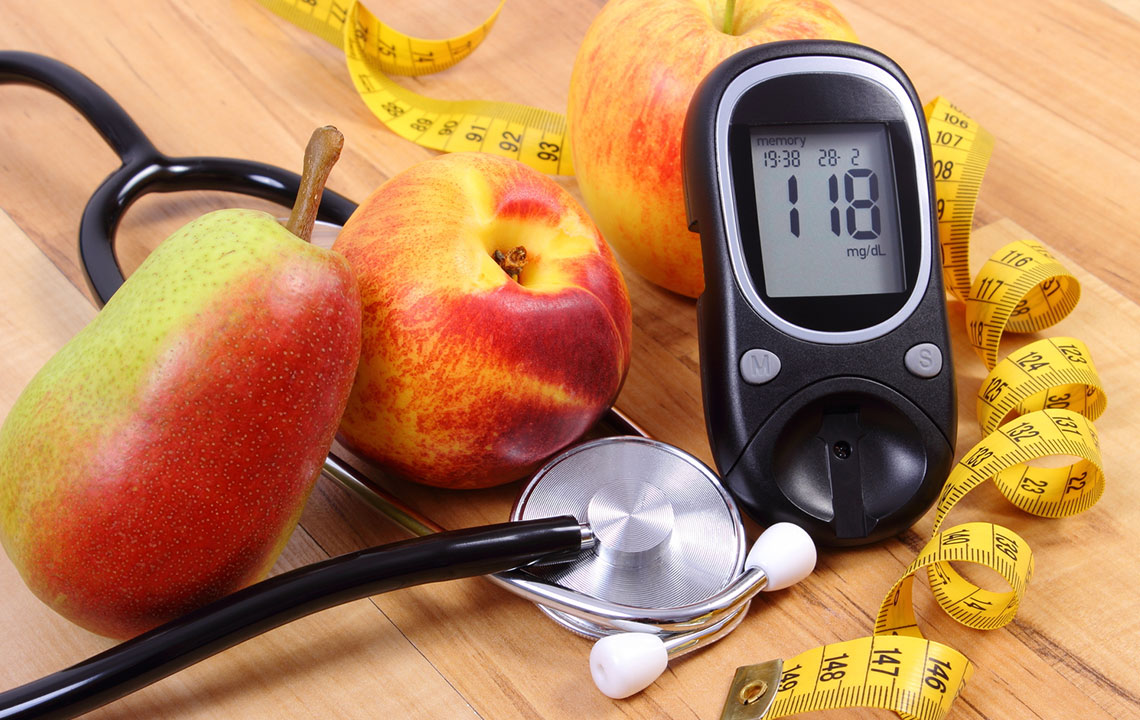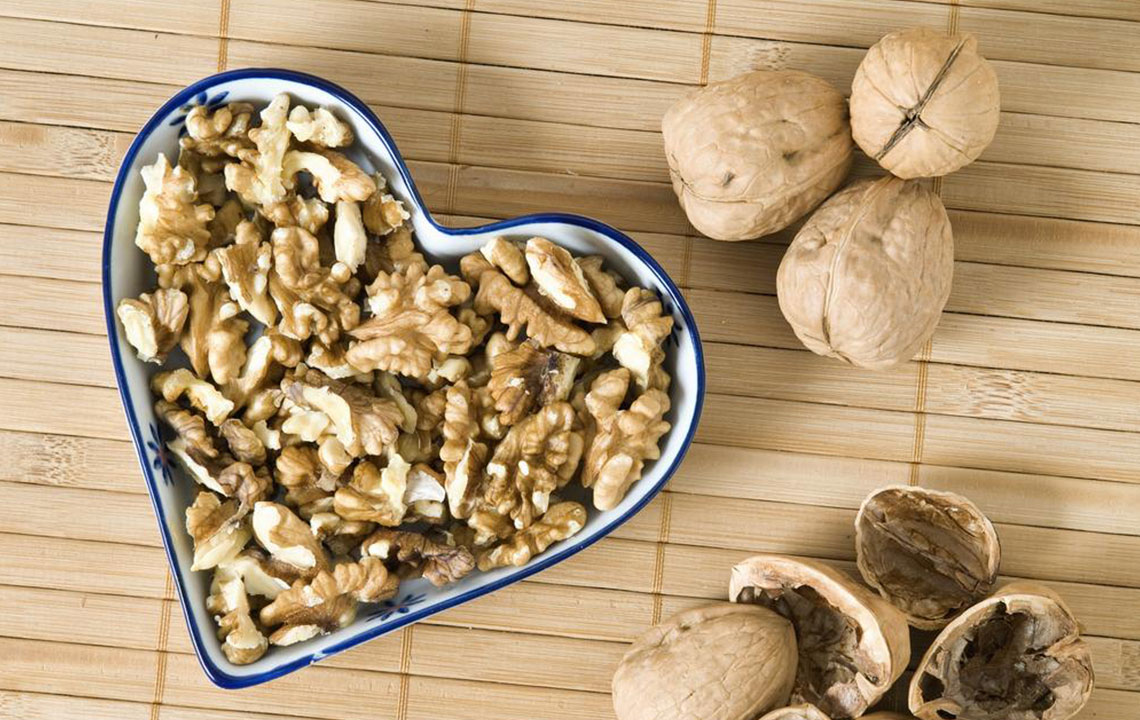Nutritional Tips for a Healthier Lifestyle
This article offers practical tips for integrating nutritious foods into busy lifestyles. It emphasizes the importance of reducing processed and junk foods, adopting low-carb and low-sodium options, and making mindful dietary choices for better health amidst modern, hectic routines.

Incorporating Nutritious Foods into Your Daily Routine
Modern life has dramatically transformed how we live and manage our daily routines. As individuals adapt to a constantly changing environment, our lifestyles, habits, and needs evolve silently yet profoundly. The way we approach our daily tasks and self-care is largely influenced by the era we live in, shaping our overall well-being.
Today’s busy schedules often leave little time for thoughtful eating.
Many of us find ourselves in a relentless race against time, where quick meals become a necessity. As young adults leave the comfort of home to pursue education or work, their routines and dietary choices often change significantly. This shift can lead to increased reliance on fast food, which is convenient, accessible, and affordable.
Eating habits tend to evolve rapidly, especially with the prevalence of fast-food outlets and food trucks. It's common for individuals of all ages to indulge in processed and junk foods, which are often chosen for their convenience and low cost. The key reasons include ease of access, affordability, and the quick satisfaction they provide.
Recognizing these challenges, health professionals emphasize the importance of incorporating healthier options into daily diets. Advances in food technology have made nutritious foods more accessible, including low-carb cereals, high-fiber snacks, and low-calorie options—allowing people to make healthier choices without sacrificing convenience.
A core principle of a healthy diet is reducing carbohydrate intake, found in foods like bread, rice, pasta, and potatoes—staples in many diets. Although carbs are vital, overconsumption contributes to obesity and related health issues. To combat this, various companies now offer low-carb snack alternatives that are portable, affordable, and satisfying, making healthier snacking an easy part of daily life.
Recent research highlights the negative impacts of excessive salt intake, primarily due to sodium. While salt enhances flavor, excessive consumption is linked to health risks such as high blood pressure. Many processed foods now feature low-sodium versions, helping consumers regulate their salt intake and promote better health.
Adopting a healthy eating pattern is a manageable and worthwhile choice, achievable through small steps and mindful selection of foods.










